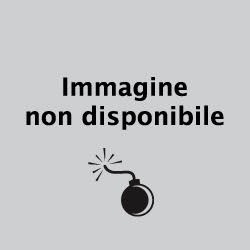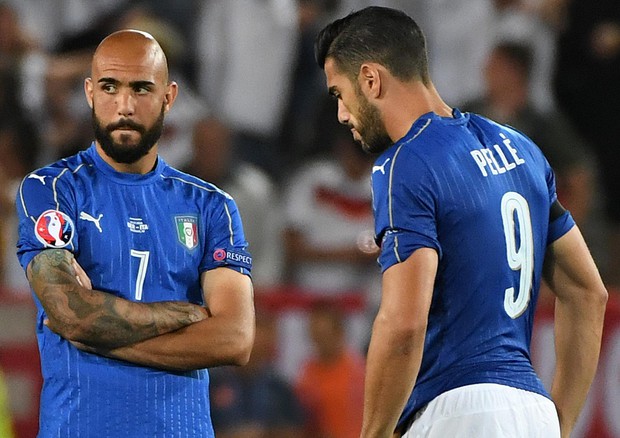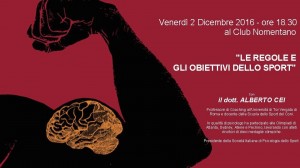ShanghaiRanking’s Global Ranking of Sport Science Schools and Departments has been published few days ago. It is the first attempt to rank a group of institutions & units with the same subject focus. Since the publication of the Academic Ranking of World Universities (ARWU) by academic subjects in 2009, ShanghaiRanking has been constantly seeking ways to expand the subjects been covered. In June 2016, ShanghaiRanking produced rankings of universities in 7 engineering subjects in order to provide insights into universities’ academic competences in more subject areas.
The world’s sport industry is undergoing enormous growth. Using China as an example, based on Nielsen’s latest data, China aims to create an $813 billion sport industry by 2025 and Chinese companies and wealthy individuals are encouraged to invest heavily in sports events, teams, facilities, agencies and sponsorships, inside and outside the country. Sport Science schools equip students with knowledge and skills to meet the needs of this fast-growing industry, and also to create scholarly knowledge to support and inspire this industry. ShanghaiRanking choose to start its ShanghaiRanking’s Global Ranking of Sport Science Schools and Departments.
A great amount of work is devoted to identify academic units, such as university, schools, faculties, and departments, which engage significantly in Sport Science research. A total of 110,000 unit addresses were examined and hundreds of websites searched to form the final list of 361 universities or about 400 sport-related units that actively engage in research. The top 300 universities are published in this ranking based on the measurement of publication, citation, citations per publication, top 25% journals publications, and internationally collaborated publications.
European universities dominate this year’s ranking list. There are 144 European institutions on the top 300 list. More than half of these units are from the United Kingdom, Spain and Germany with 45 units, 16 units, and 15 units respectively. Loughborough University’s School of Sport, Exercise and Health Sciences is the highest ranked unit in Europe and is ranked second in ShanghaiRanking’s Global Ranking of Sport Science Schools and Departments 2016.
103 institutions are from Americas. 64 of these units are from the United States and the country has the strongest presence in ShanghaiRanking’s Global Ranking of Sport Science Schools and Departments 2016 than other countries. Also strongly performed, 25 institutions from Canada and 14 from Brazil are listed in the ranking this year.
Deakin University’s School of Exercise and Nutrition Sciences from Australia took the first place in the ranking. 51 institutions are from Asia and Oceania and more than 90% of these institutions are from Australia, China, Japan, and New Zealand. New Zealand universities have outstanding performance as 6 out of 8 public universities from the country are presented in the ranking and AUT University’s School of Sport and Recreation is ranked in the top 30.
Two institutions are from Africa. University of Cape Town’s Division of Exercise Science and Sports Medicine is ranked 48th.












